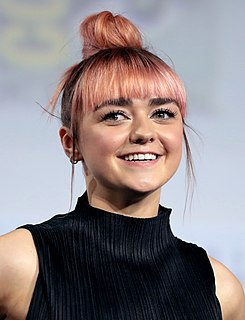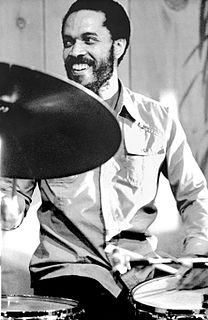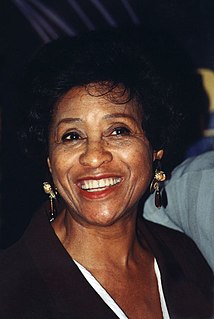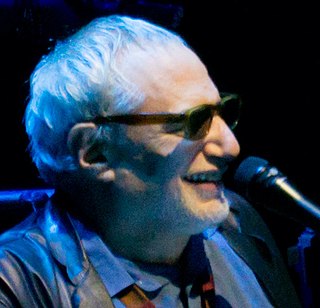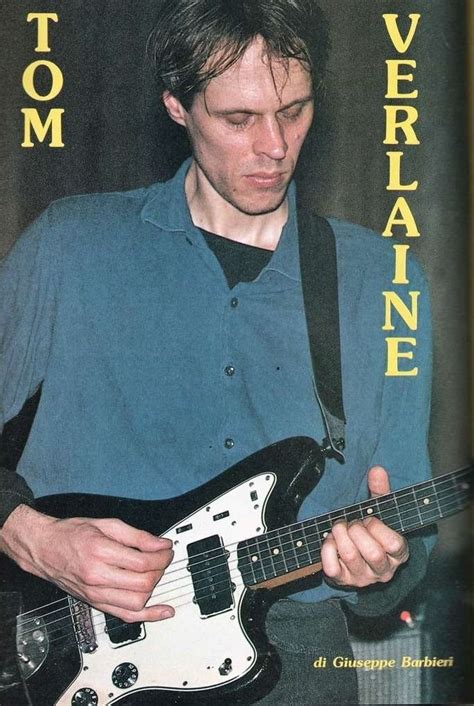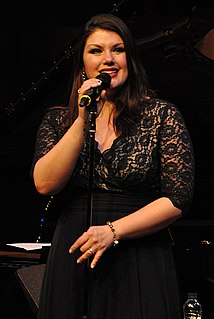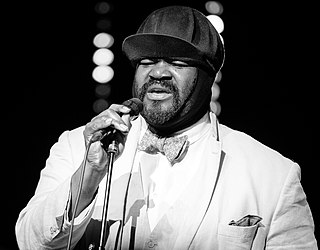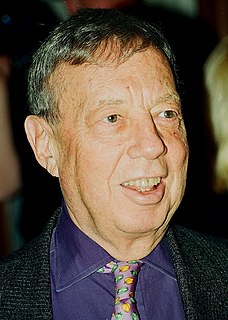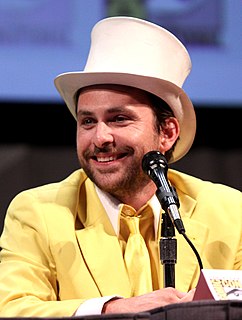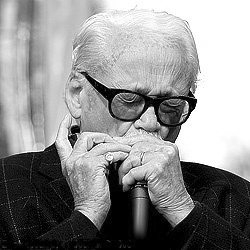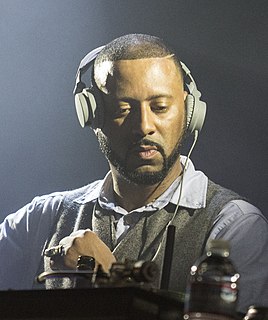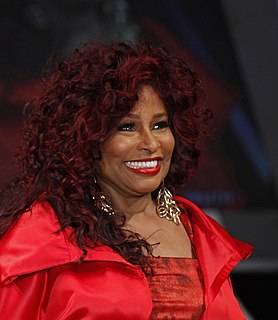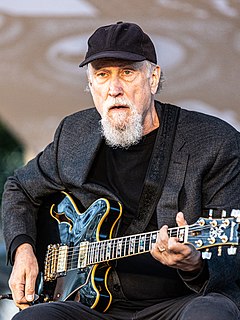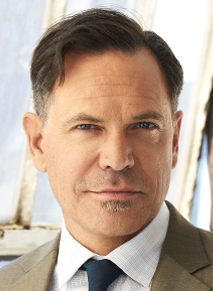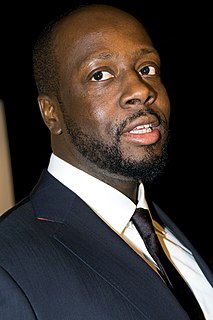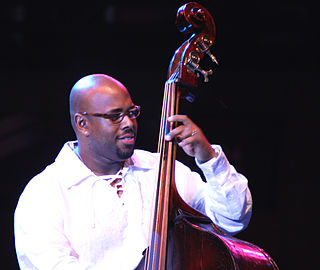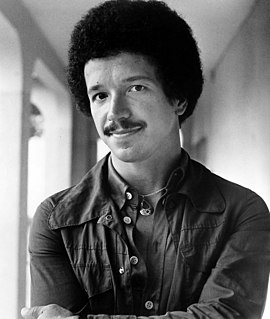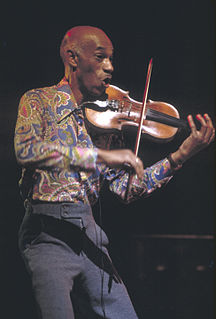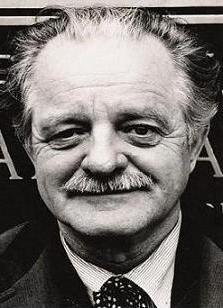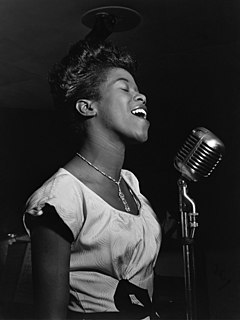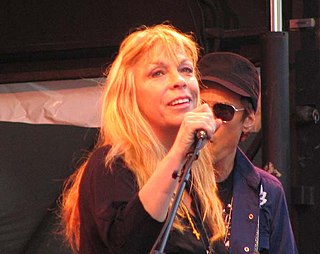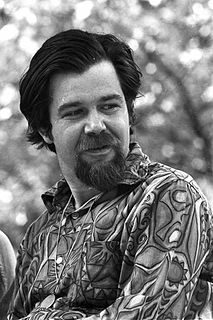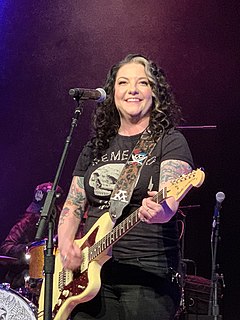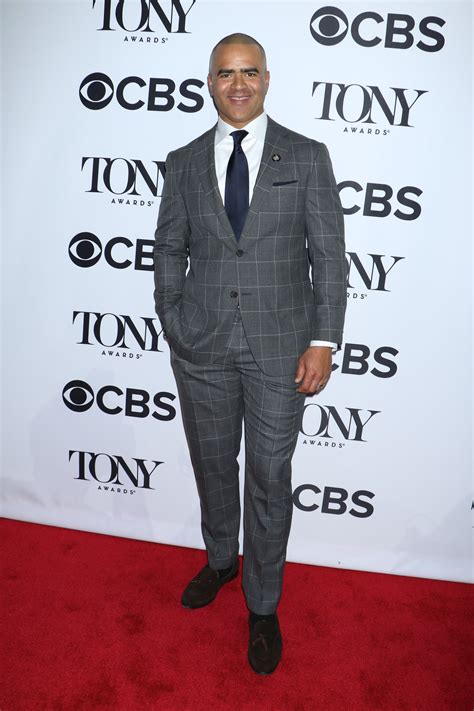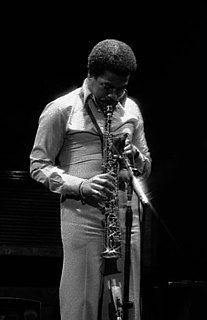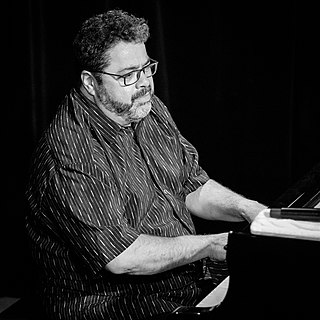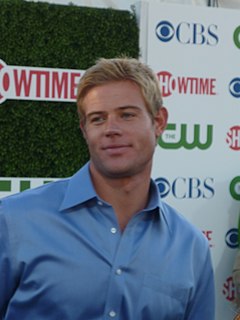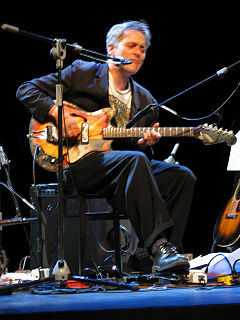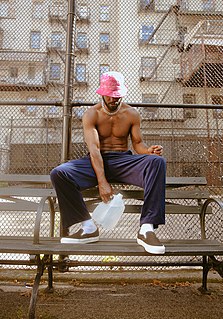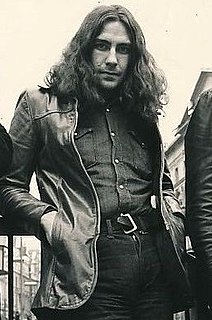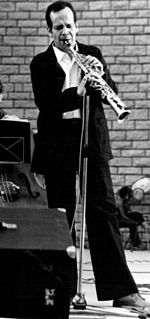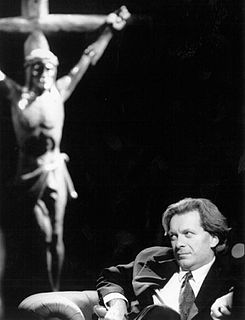Top 1200 Jazz Improvisation Quotes & Sayings - Page 3
Explore popular Jazz Improvisation quotes.
Last updated on April 21, 2025.
Sometimes people that are very good at improvisation in life, meaning like stage improvisation, aren't good in films because you have to ultimately take a scene where it needs to go. It's not about just saying something that's funny. You can say something funny but if it's not on story or driving the scene to its end it's really not very helpful at all.
It's very interesting to read why Cornelius Cardew became disenchanted with academic avant-garde music. He wanted to reach as many people as possible and change their consciousness. He wanted to reach the "working classes" in England. The kind of music he was making was very much from the academy, even though it had a lot in common with things like free jazz and improvisation, and he felt that it was the music of the elite, and that he wasn't really speaking to the people.
I got into playing the jazz. I played jazz for a good while. I did the popular stuff first. You got the "Twelfth Street Rag" and those kinds of things. Then I got to hanging around with a bunch of guys starting to playing jazz. We'd go from one place to the other and take our instruments, just perform for free.
I don't know why people call me a jazz singer, though I guess people associate me with jazz because I was raised in it, from way back. I'm not putting jazz down, but I'm not a jazz singer...I've recorded all kinds of music, but (to them) I'm either a jazz singer or a blues singer. I can't sing a blues – just a right-out blues – but I can put the blues in whatever I sing. I might sing 'Send In the Clowns' and I might stick a little bluesy part in it, or any song. What I want to do, music-wise, is all kinds of music that I like, and I like all kinds of music.
For me, let's keep jazz as folk music. Let's not make jazz classical music. Let's keep it as street music, as people's everyday-life music. Let's see jazz musicians continue to use the materials, the tools, the spirit of the actual time that they're living in, as what they build their lives as musicians around.
Improvisation, the main thing is it teaches you to be in the moment and present in the moment and be reactive and proactive for what's going on. Someone gives you something - a lot of actors are a little shut off, so they're just doing, "This is my character, these are my lines, I'm going to just send it to you then you send whatever you're sending." Improvisation teaches you to really be listening.
